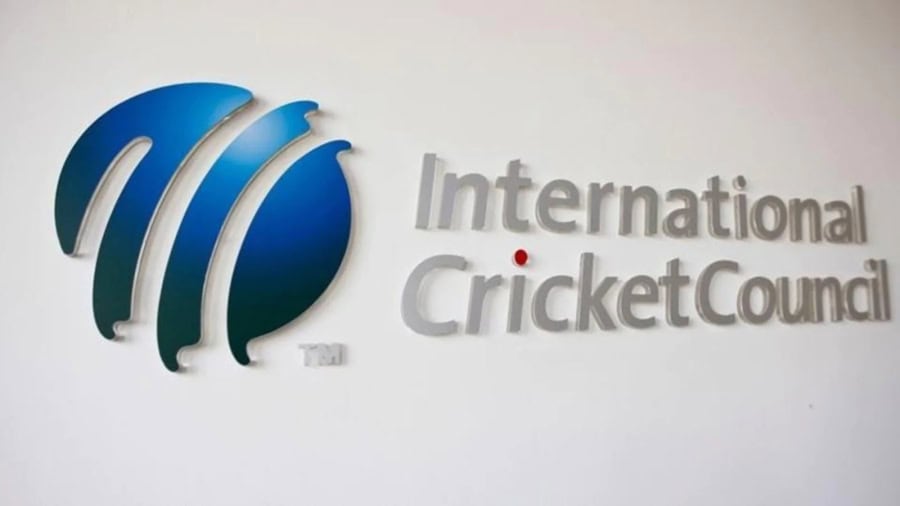International Cricket Council (ICC) has reportedly been scammed out of millions of dollars by fraudsters from the United States of America after falling victim to a Business E-mail Compromise (BEC) con in 2022.
The story had been brought to the fore by ESPN, as ICC itself has issued no updates about being scammed. Although no true figures have been reported, it is estimated that the governing body of world cricket lost around US $2.5 million during the wire-transfer fraud.
Federal Bureau of Investigation (FBI) is already dealing with the matter and is trying to uncover the perpetrators.
BEC, also known as e-mail account compromise is defined as “one of the most financially damaging online crimes” by the FBI.
It is a type of cybercrime where the scammer uses email to trick someone into sending money or divulging confidential company info. The culprit poses as a trusted figure, then asks for a fake bill to be paid or for sensitive data they can use in another scam.
FBI reportedly received nearly 20,000 BEC-related complaints last year. Nearly $2.4 billion were also swindled from companies and people in 2021.
BEC scams are also said to be on the rise as criminals become more “sophisticated”, according to the FBI report.
“The scam has progressed from spoofed e-mails purportedly from chief executive officers requesting wire payments to fraudulent locations, to impersonation of vendor e-mails; spoofed lawyer e-mail accounts; diversion of payroll funds; the targeting of the real estate sector; and fraudulent requests for large amounts of gift cards.”
It is still not known whether the transfer was made directly from the ICC account or from a contracted vendor and the information is likely to remain opaque until the body offers an explanation.










